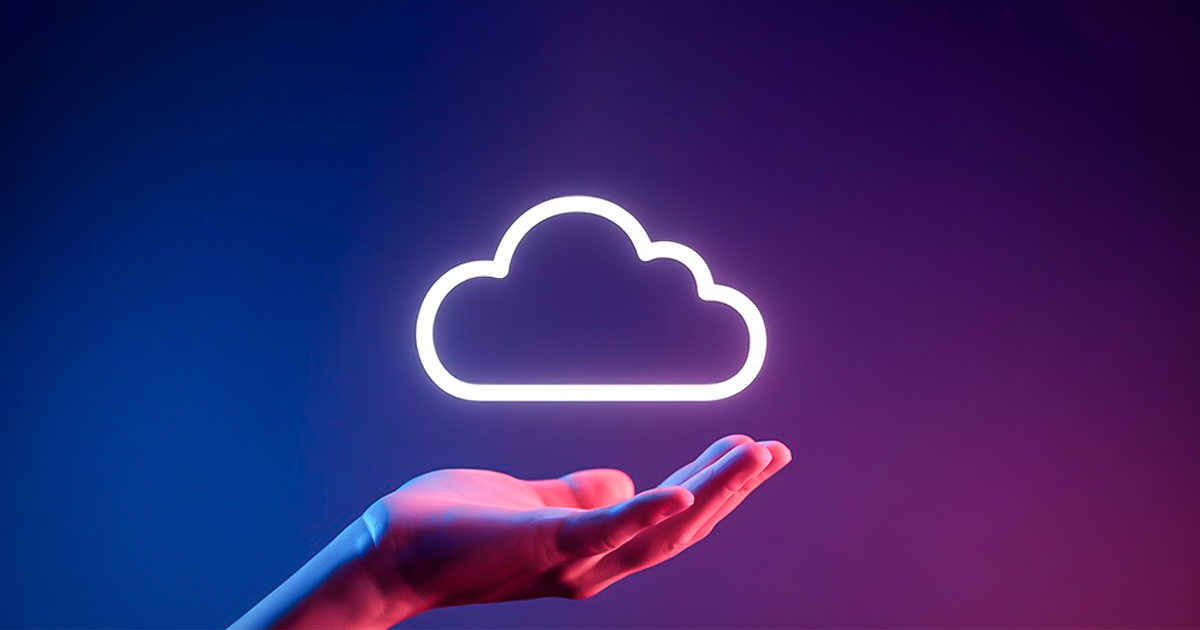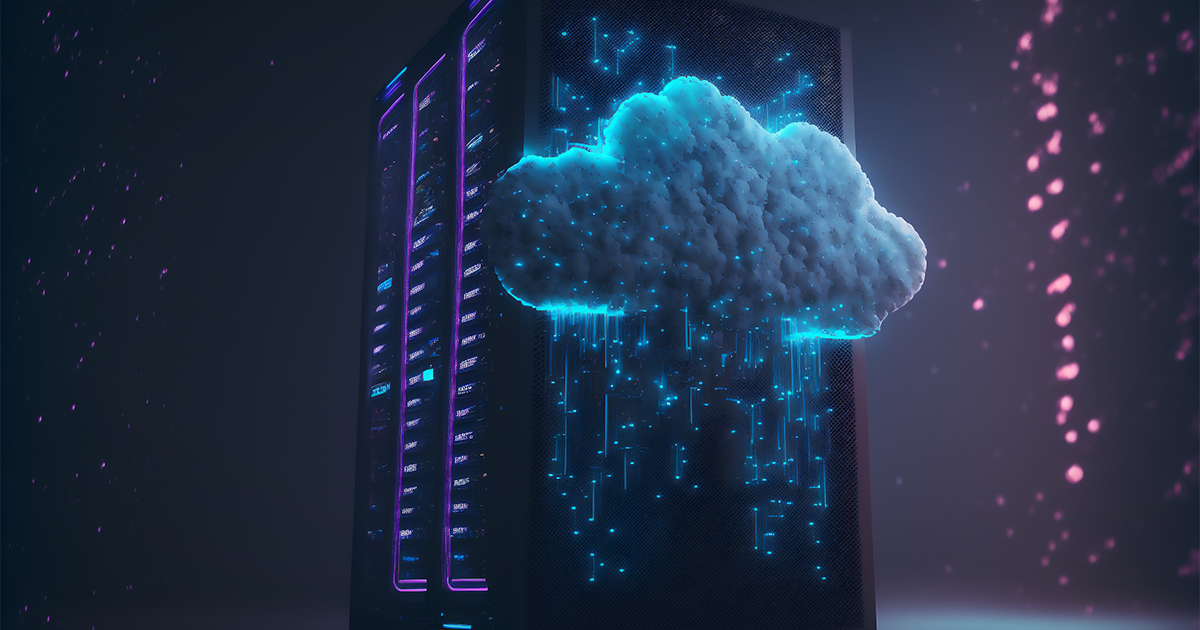
October 2024
Goodbye to Hardware? The Implications of a Full Shift to the Cloud

The future of technological infrastructure lies in the cloud. More and more companies are migrating their data and applications to cloud platforms, leaving behind physical servers. This shift promises greater flexibility, scalability, and cost savings. However, the disappearance of traditional data centers brings with it some important challenges and consequences:
Advantages of the Cloud
- Dynamic Scalability: Companies can scale their storage and processing needs up or down depending on demand. It’s no longer necessary to invest large sums in physical servers that may be underutilized during low activity periods.
- Reduction in Operating Costs: By eliminating the need for hardware maintenance and renewal, companies can significantly save money. Additionally, cloud solutions often offer pay-as-you-go models, meaning you only pay for what you actually use.
- Universal Access: The cloud allows access to resources from anywhere in the world, facilitating remote collaboration and business continuity.

Consequences of Abandoning Physical Servers
- Dependence on External Providers: Migrating to the cloud means relying on third parties to store and manage critical data. While many providers guarantee high levels of security and availability, any disruption in their services can directly affect the company’s operations.
- Security Concerns: Although the cloud is secure, there are risks associated with data transfer and trusting providers to maintain confidentiality and adequate protection. Companies must be diligent in choosing providers with strong security policies and compliance.
- Risk of Financial Overload: Despite initial savings, usage-based fees can become a double-edged sword. If not carefully managed, cloud costs can quickly escalate, especially if resource use is not optimized.
- Loss of Direct Control: With physical servers, IT teams have full control over the hardware and network. Migrating to the cloud means relinquishing part of that control, which can be a concern for companies with strict customization or regulatory needs.

Hybrid Future: The Best Option?
Although the cloud is the future, many companies are adopting a hybrid approach that combines on-premises servers with cloud solutions. This strategy offers the best of both worlds: direct control over the most sensitive data and the flexibility of the cloud for other operations.
What Do the Geeks Think?
The migration to the cloud is transforming how companies manage their IT infrastructure. While the benefits are clear, it is essential for organizations to carefully manage the associated risks regarding security, costs, and reliance on third parties.
What Do We Recommend at Geek?
To ensure a safe and successful migration to the cloud, working with an experienced team is crucial. Geek Vibes offers customized solutions that help companies optimize their infrastructure while minimizing risks. With over 15 years of experience, they can help you implement a cloud strategy that allows you to confidently move forward into the future.